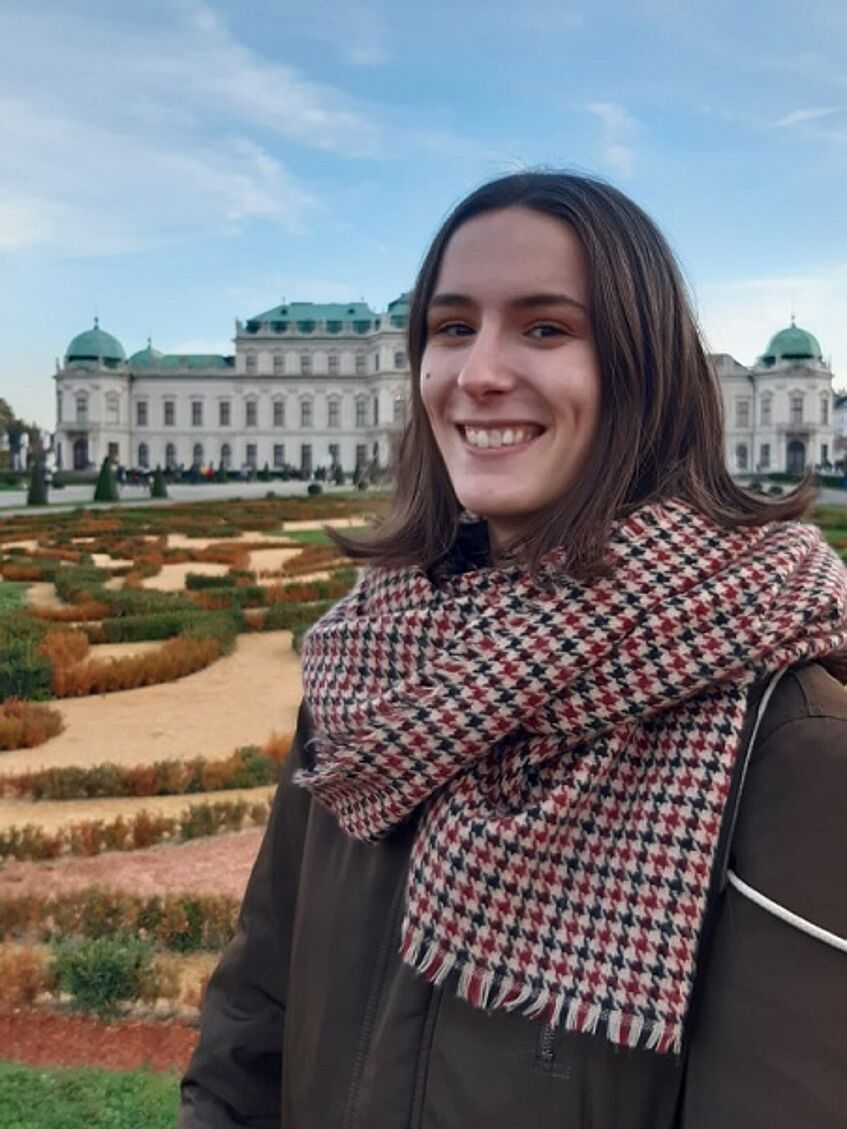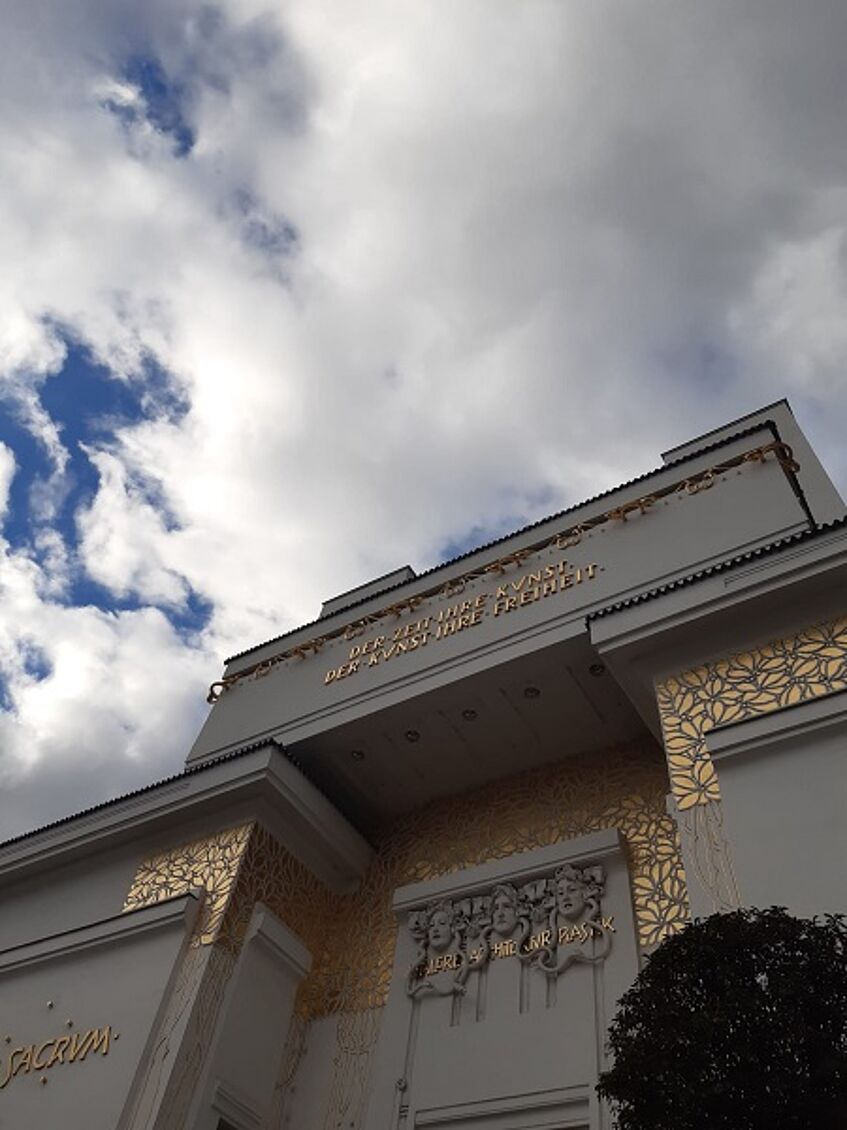univie: winter school for Cultural Historical Studies 2023
by Emma Dal Mas
Emma holds a bachelor in Literature, curriculum History. Currently she is attending a Master’s Program in History at the University of Udine-Trieste. Student of the School of Advanced Studies at the University of Udine.
Being a master’s student of History, my experience as an Erasmus student at the University of Vienna would not have been as complete without participating in the univie: winter school for Cultural Historical Studies. The spirit of the program, which includes interdisciplinarity and connections with people from other fields of studies, perfectly suits the spirit of my university path: I am also a student of the School of Advanced Studies at the University of Udine, where we are encouraged to participate in such academic programs. With the great opportunity to be supported by a scholarship from the City of Vienna, I applied for the Winter School, full of curiosity and expectations.
The experience of the Winter School not only enriched my knowledge about Vienna, but I also learned a lot about other cultures and countries through my colleagues who participated in the program. For me, as a history student, the courses “Society and Daily Life” and “Art and Visual Culture” were perfect to grasp some details and new perspectives about the Fin de Siècle. This visual perspective was an enrichment for my studies and now I am more familiar with images and their significance in the interpretation of history thanks to Professor Schwärzler-Brodesser. The Social History approach explained by Professor Vocelka gave me the chance to connect social life to the big events in history, and to understand changes and traditions. The Fin de Siècle, as explained in the Winter School, was a great example of interdisciplinarity that helped me to improve my skills as a historian. To study history means to approach events and personalities with a critical eye, this was achieved through the lessons at the Winter School: through a visual understanding, society and culture became clearer, and through social history, major events took on a broader meaning in the context of everyday life.

Emma Dal Mas in front of the Castel Belvedere

Secession by Emma Dal Mas
What was astonishing was the chance to see the historical sites and paintings presented in class. The structure of the Winter School allowed me to visit places in Vienna and see them with different eyes and knowledge. Understanding the changes in the heart of Vienna, the different monuments, and who erected them was a great occasion to learn history and memory on the field, and how the two are bound together. For sure, I have learned the importance of a didactic approach based on field trips.
This was also a topic of conversation with my colleagues, with whom I had a great time exchanging experiences about our countries: history and culture are not the same everywhere and our understandings of them imply different concepts. It was a great opportunity to understand how my colleagues perceive events that permeated Austrian History and to compare them with the history of their own country. This helped me to build a more solid perspective on the world and its history and to gain access to information and perceptions that further my understanding of history in all its aspects.
I am really glad that I had the chance to participate in the Winter School at the University of Vienna. In the end, I can say that I appreciate every activity and every moment I shared with the professors and my colleagues and I feel that my academic journey was completed with a new set of skills and approaches. Learning about the Fin de Siècle meant learning about people and their approaches to culture, about major events and everyday life, and mostly, about the connections between all of this.
